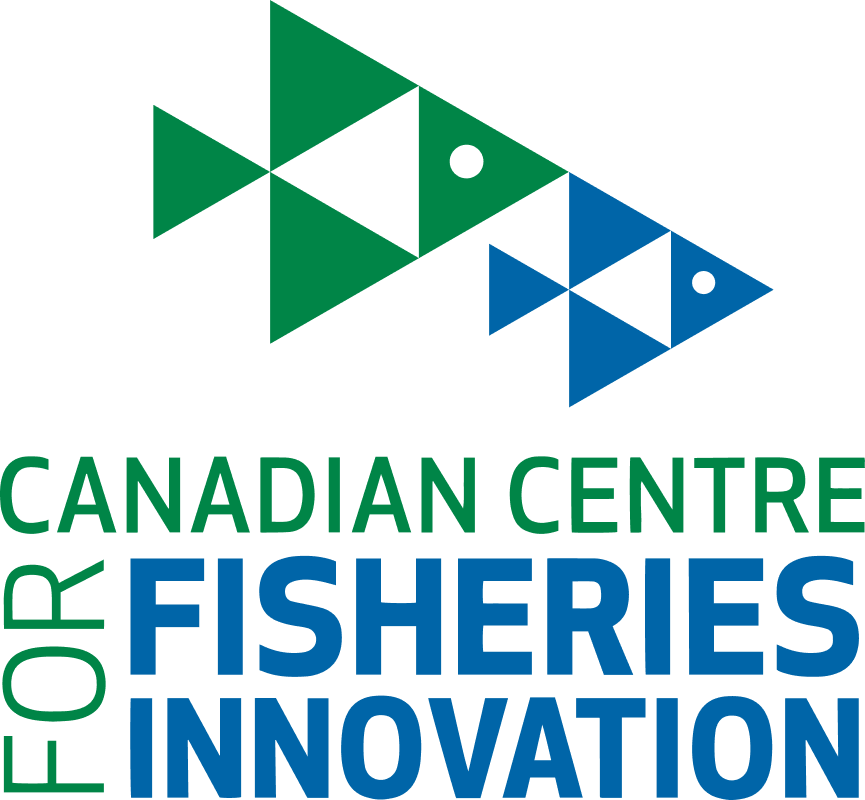Seaweed
Nursery
Production
&
Collection
The scope of this project was twofold:
1. Overwinter experimental collectors, determine biofouling rates in local sites, as well as seaweed maturation and
2. Develop a nursery for local seed spool production.
The project was phase 2 of the previous project: Fogo Island Seaweed Aquaculture Development. The current work was performed in conjunction with the clients Shorefast Foundation (SF) and Fogo Island Co-operative Society Ltd. (FICSL), who plan to build a small on-island nursery set-up to produce seed spools locally.
Two of the intermediate research opportunities included:
Seed collection, sampling, and overwintering of test collectors in the key locations identified in the previous project.
Nursery sporophyte production at the Marine Institute of Memorial University of Newfoundland (MI), which entailed collecting sporophytes with mature sorus tissue, releasing spores, inoculating spools, and growing gametophytes.
In terms of collector deployment and biofouling during the summer, it was determined that fouling by marine invertebrates became heaviest at about two meters depth in August and September.
Ongrowing of seaweed on longlines should take place before August for a successful harvest of a clean product. Monthly sample collections by Shorefast of wild seaweed showed the sporophytes were essentially mature in late august. Other producers in Maine, New Brunswick, and Quebec noticed sugar kelp were mature in early August and began their nursery cultivation then.
Nursery production for this pilot project was based on the flavin et al. (2013) manual for kelp nursery culture in Maine, with minor modifications as determined by the team. The pilot project showed that Newfoundland strains take longer to grow to farm deployment size compared to that is recorded in the literature by others farming in the Northwest Atlantic, Alaska, or Europe.
Seeded seaweed collected at Fogo island started to show visible growth at four weeks in the nursery, where the others reported major growth within 2-3 weeks of seeding. According to the manual, seaweed should stay in the nursery for six to seven on spools, and then be deployed. However, the spools produced in the MI nursery from Fogo Island sporophytes required 19 weeks. Logistics and planning delays prevented the deployment of spools in the field before the winter period set in. The extension of the nursery phase of thi project was transferred to Project P5573 on March 16, 2023.
The growth of Fogo Island's seaweed in the nursery compared to the production cycle in the manual differed by approximately three to four weeks.
However, the CASD team concluded that the structure of the nursery and the protocols for water quality, light regimen, biofouling control and nutrients ensured the successful production of sporophytes from the adult seaweed collected at Fogo Island. Future attempts should be conducted earlier in the year when mature sporophytes are available, typically in August or September.
Read the full report Here


